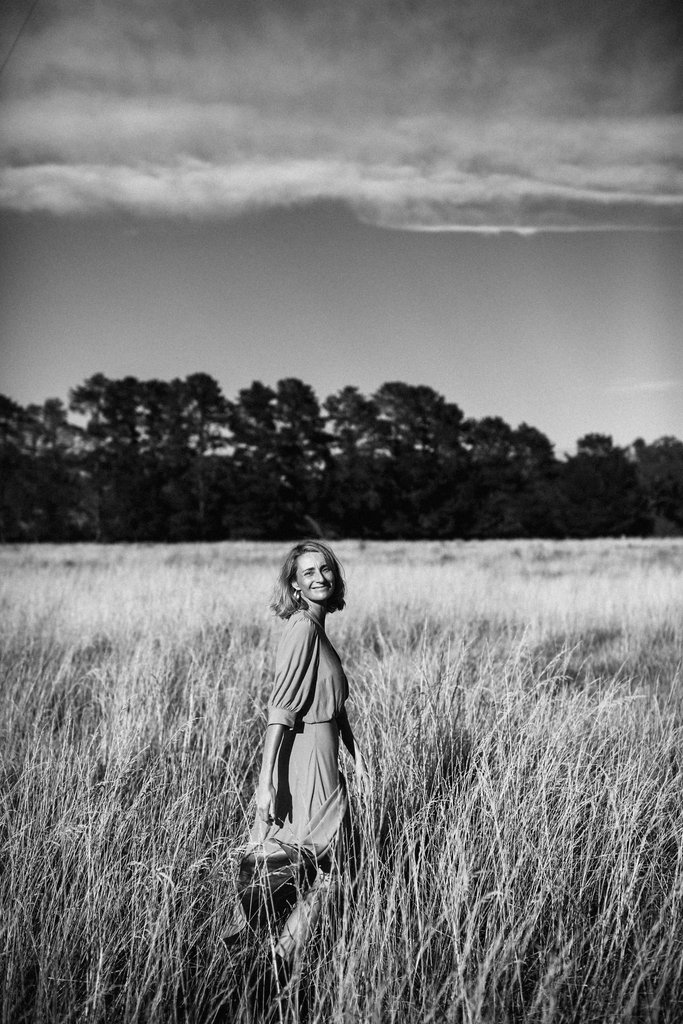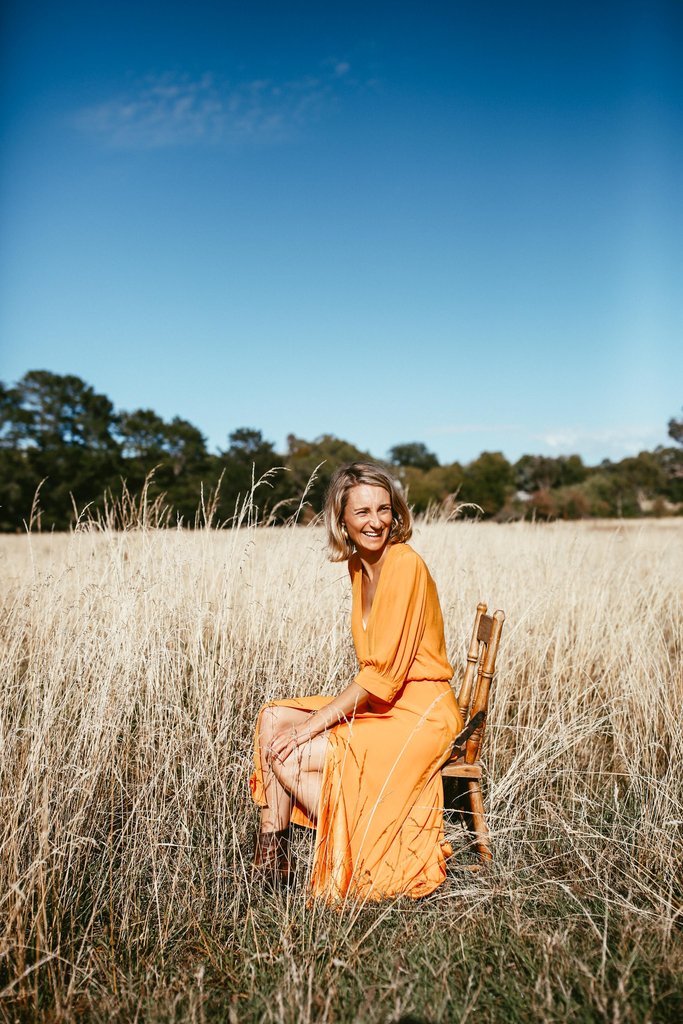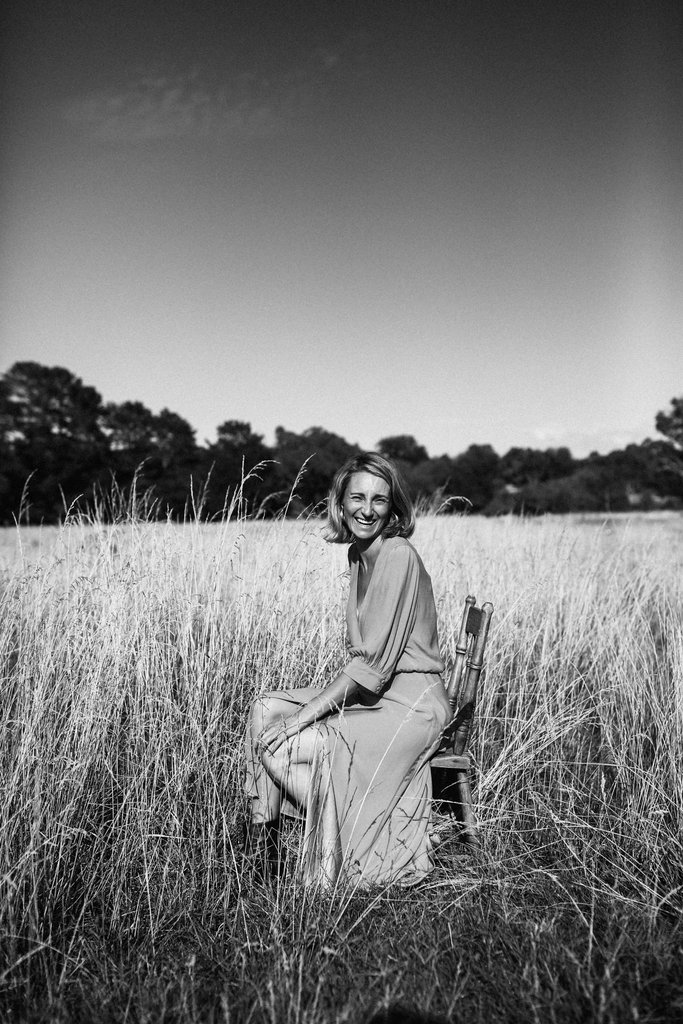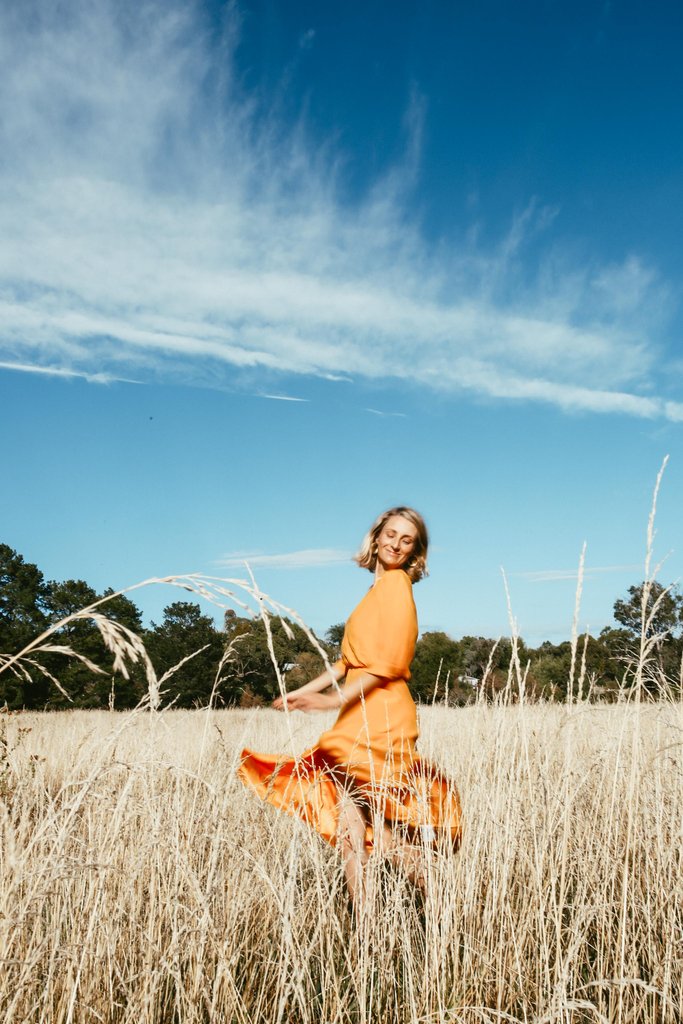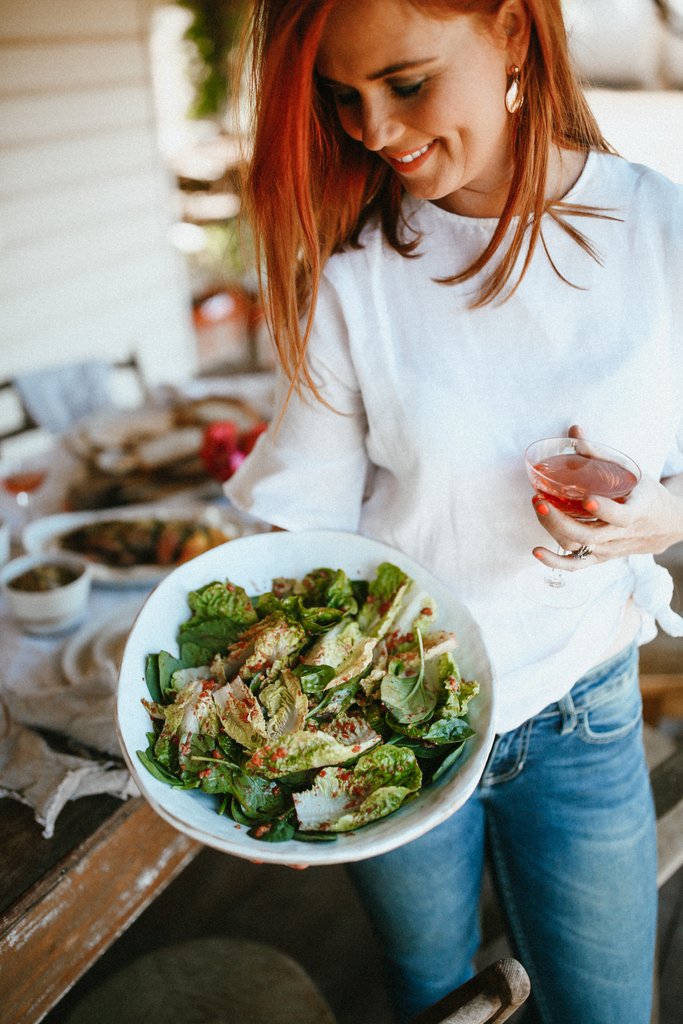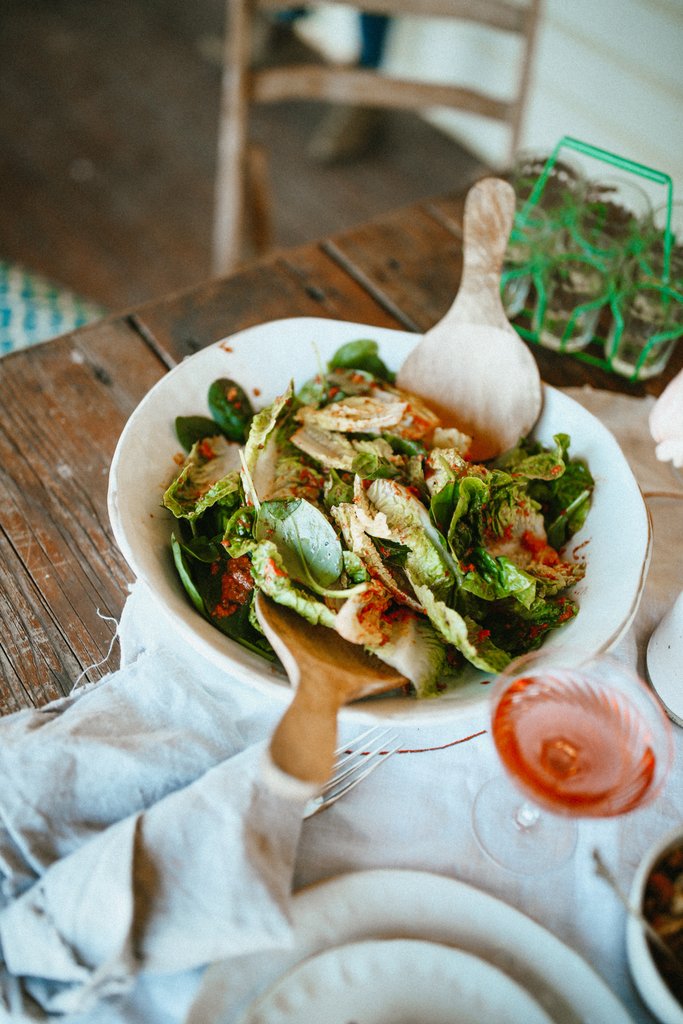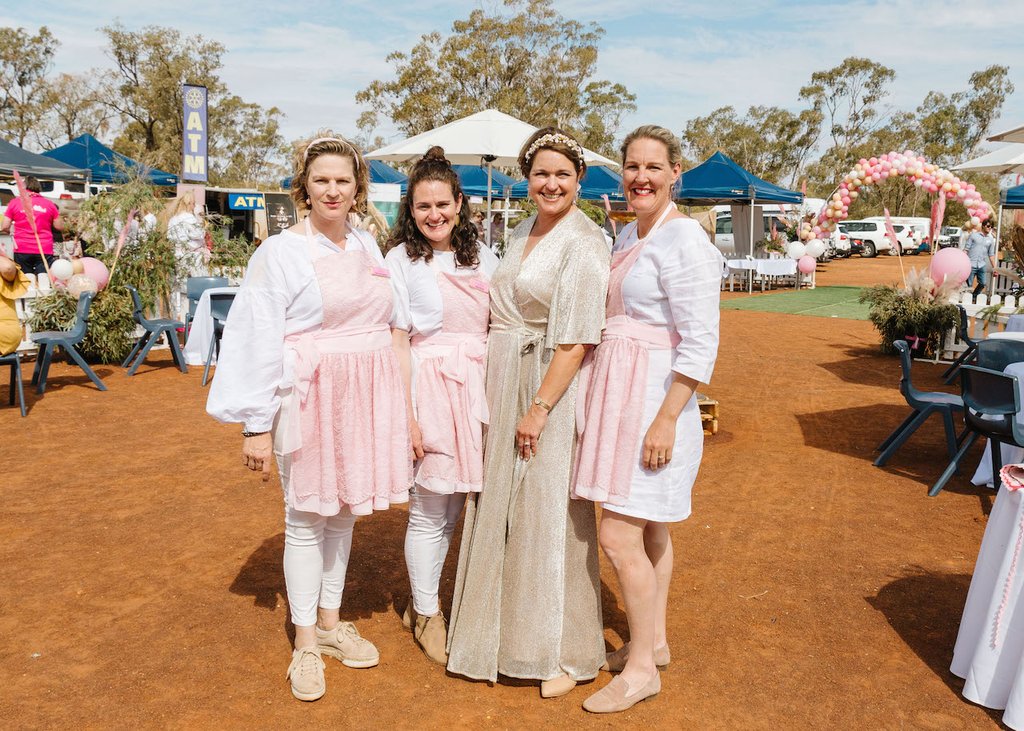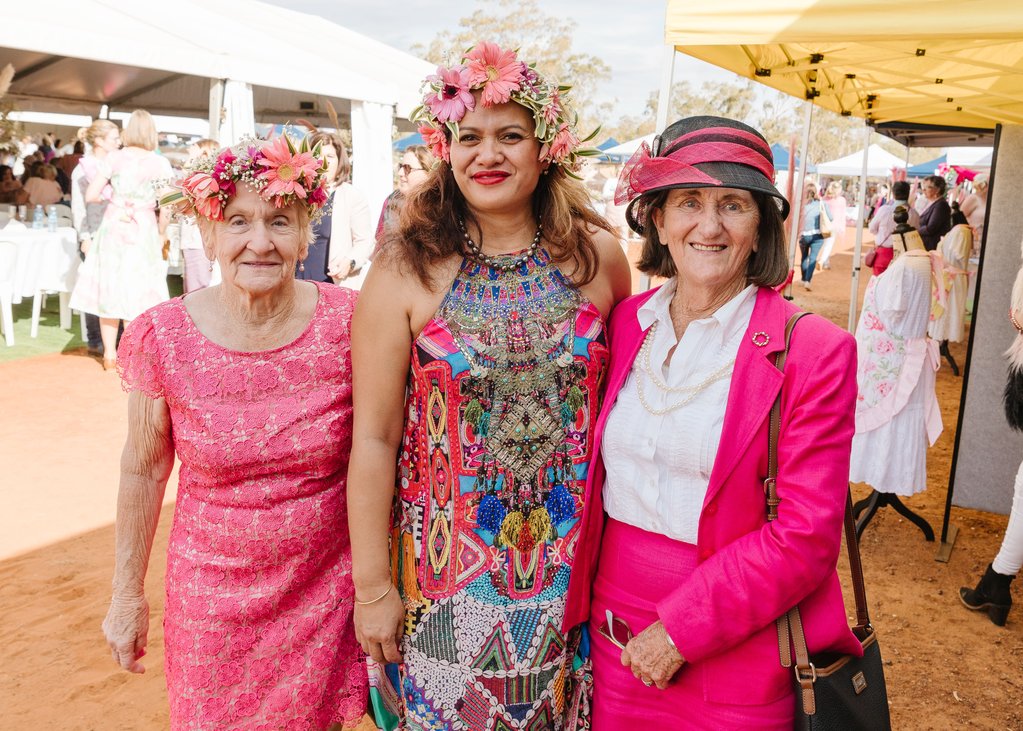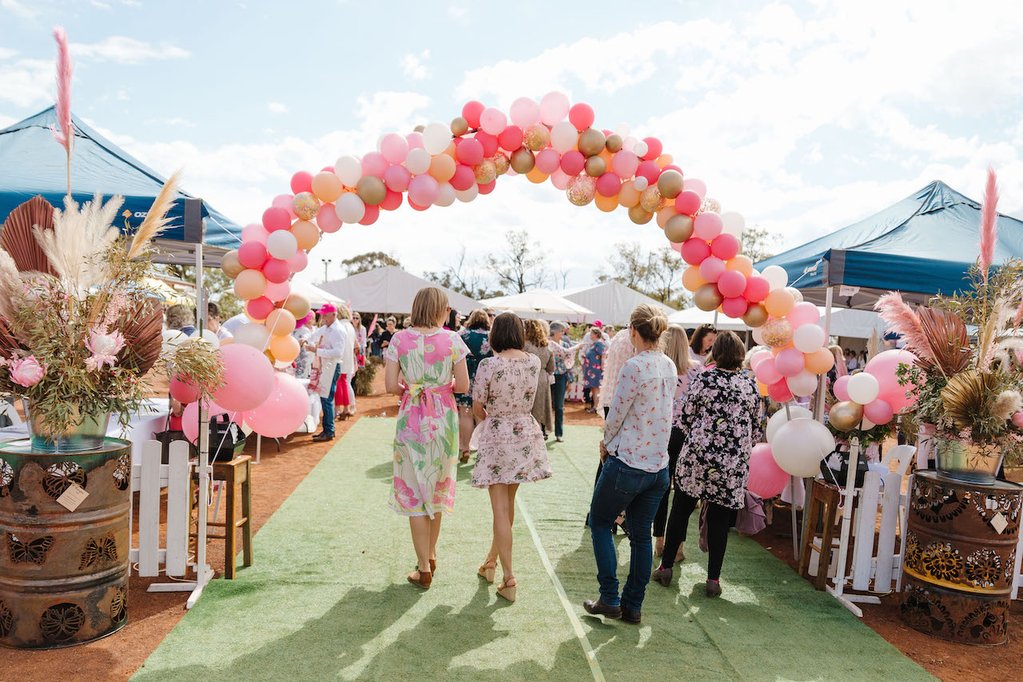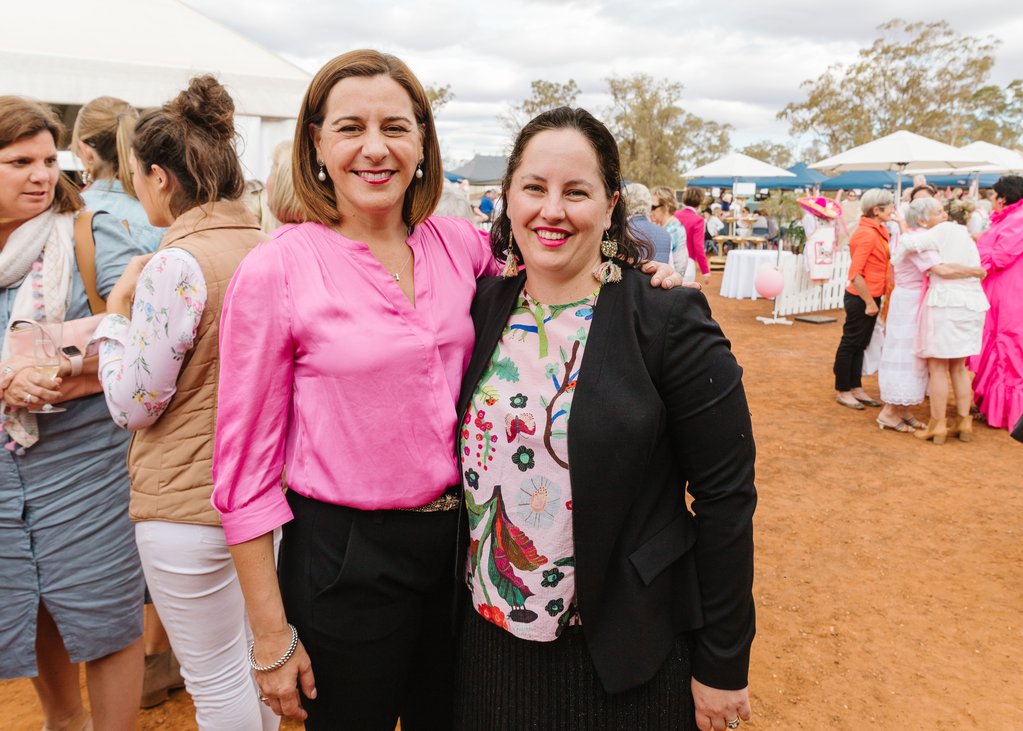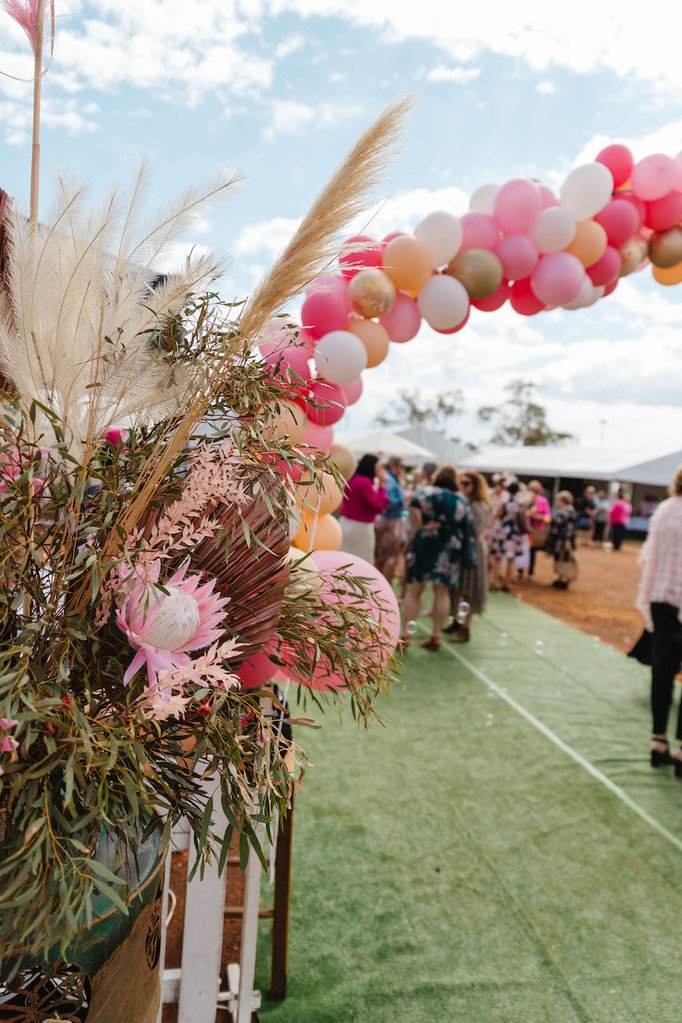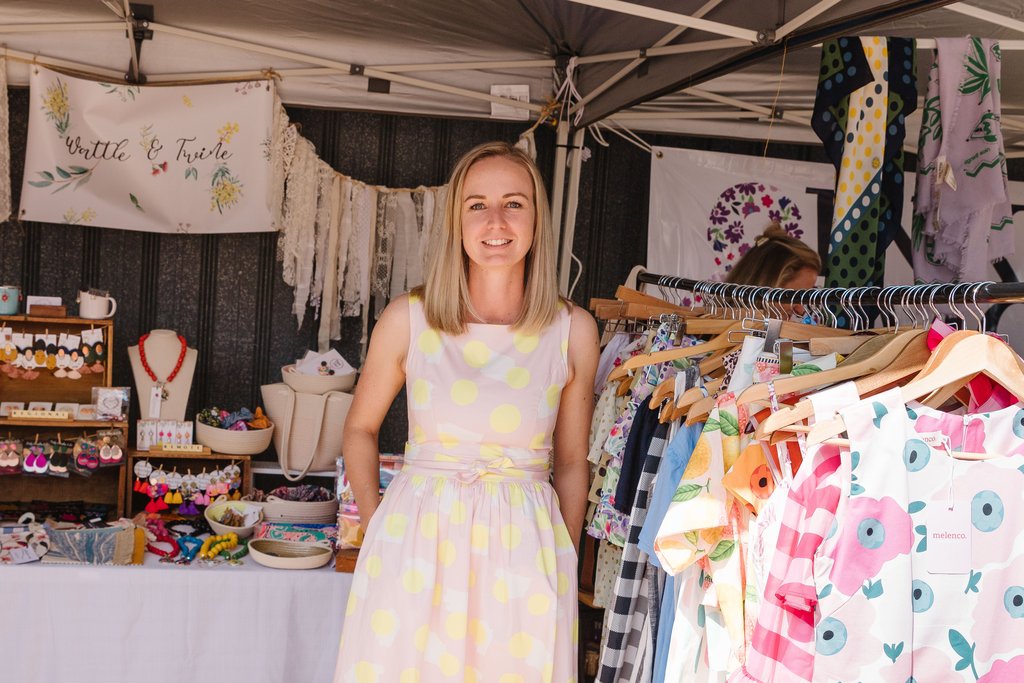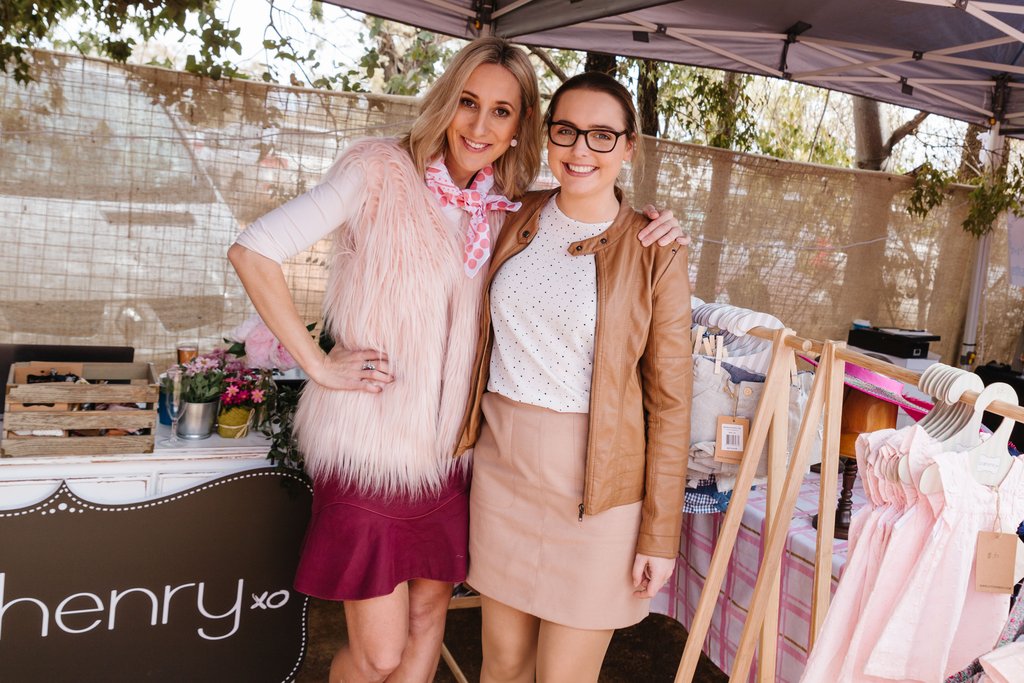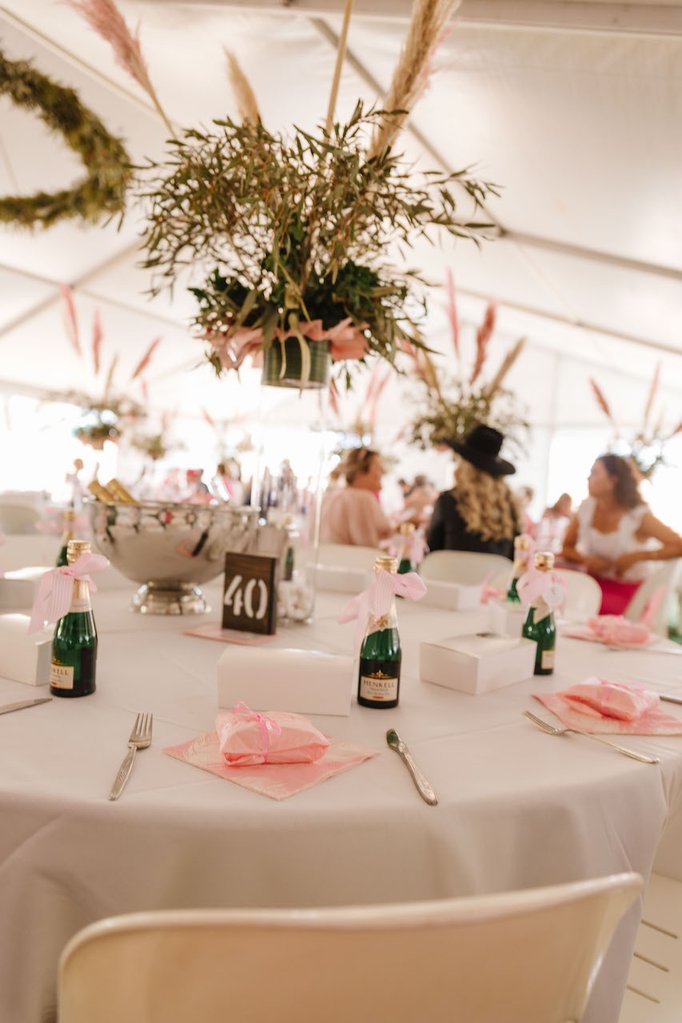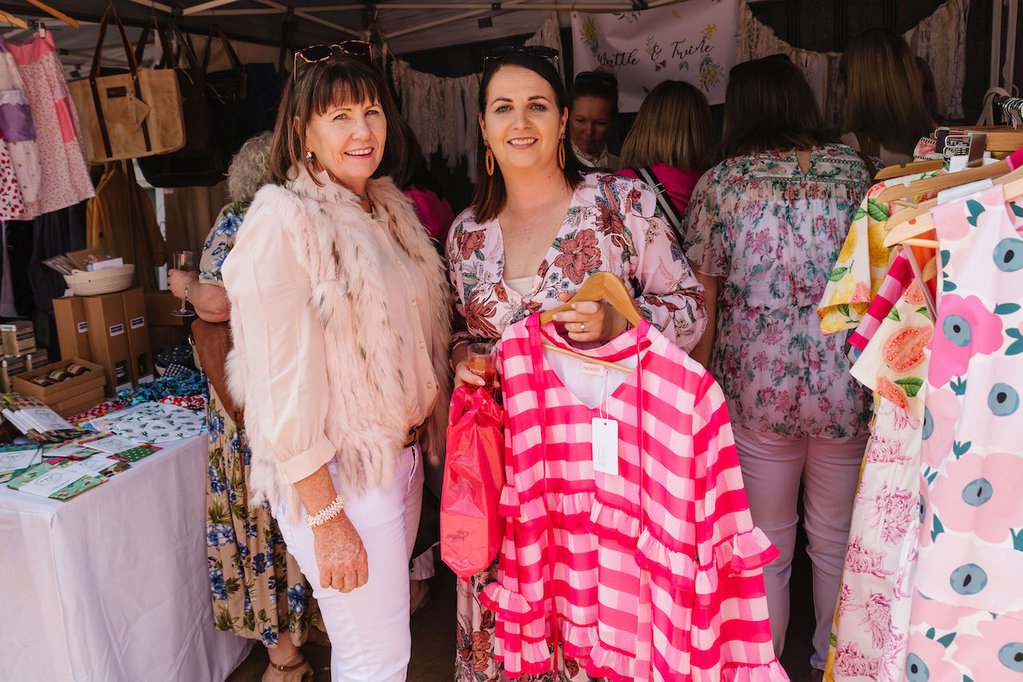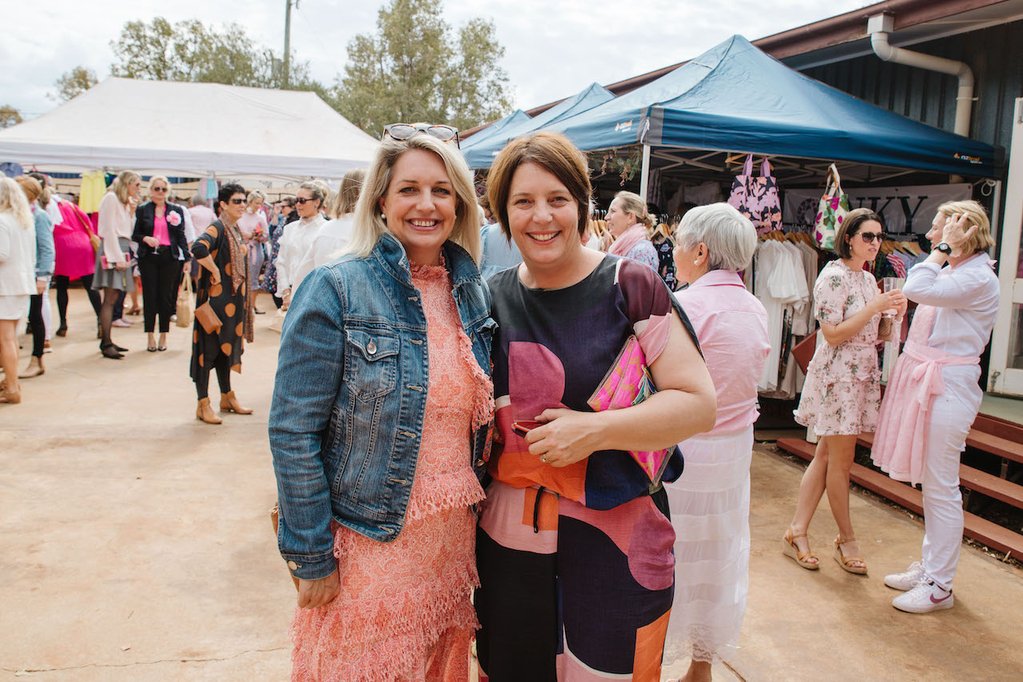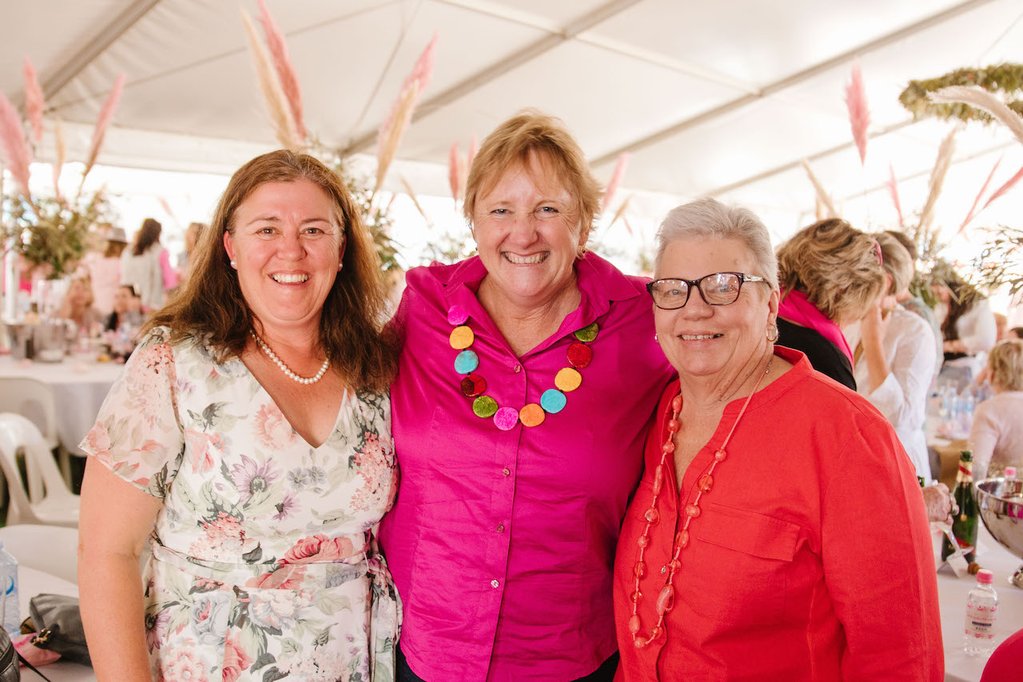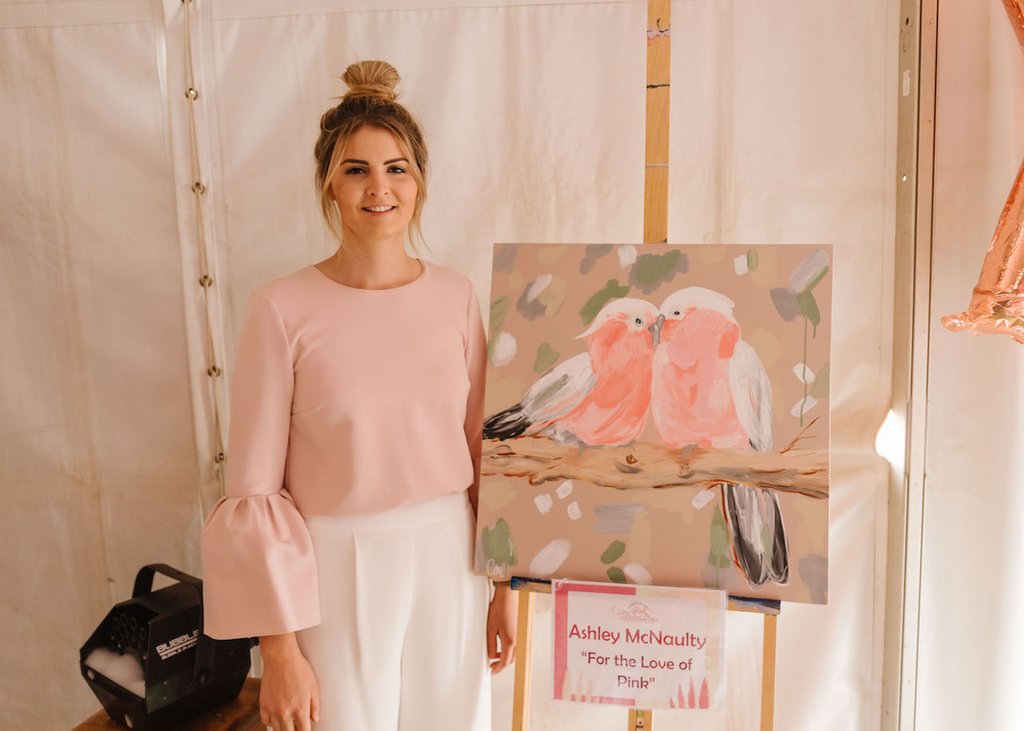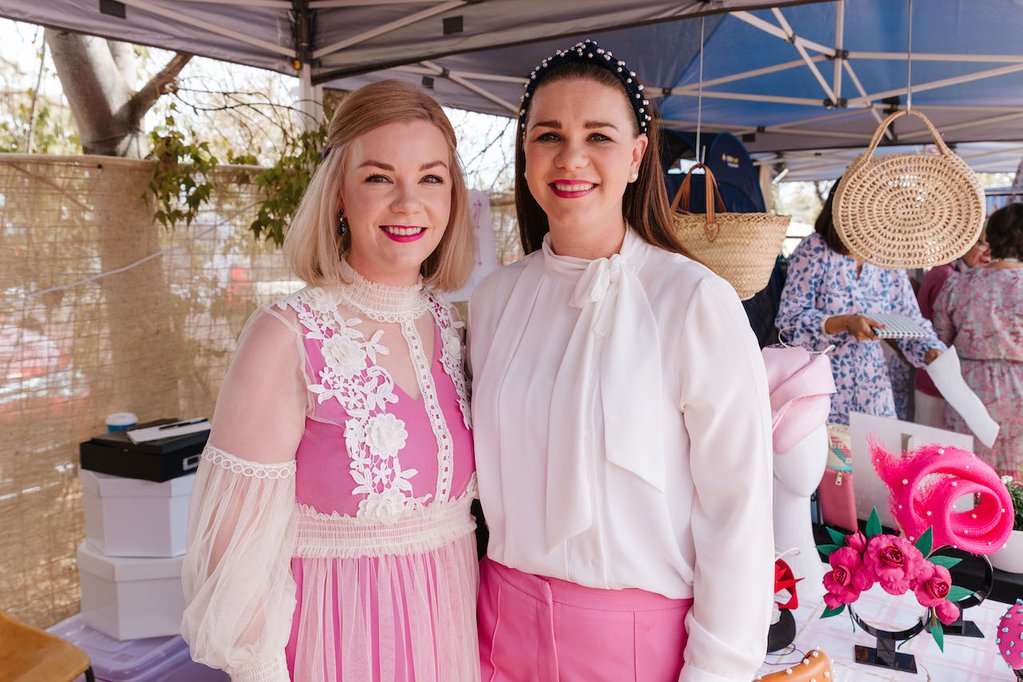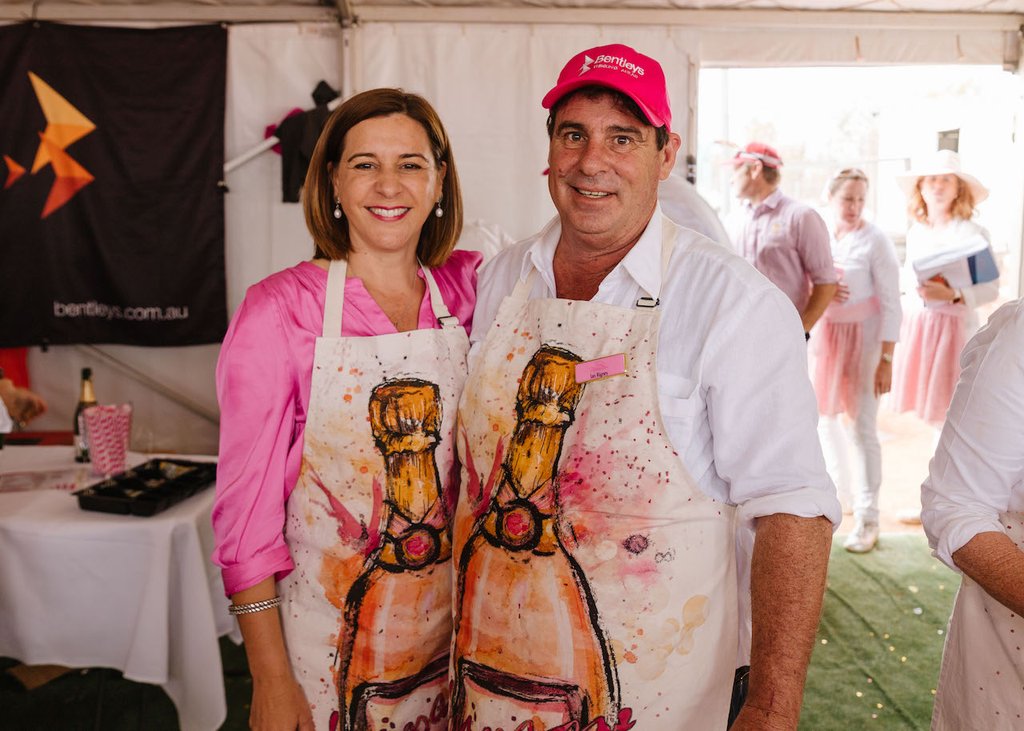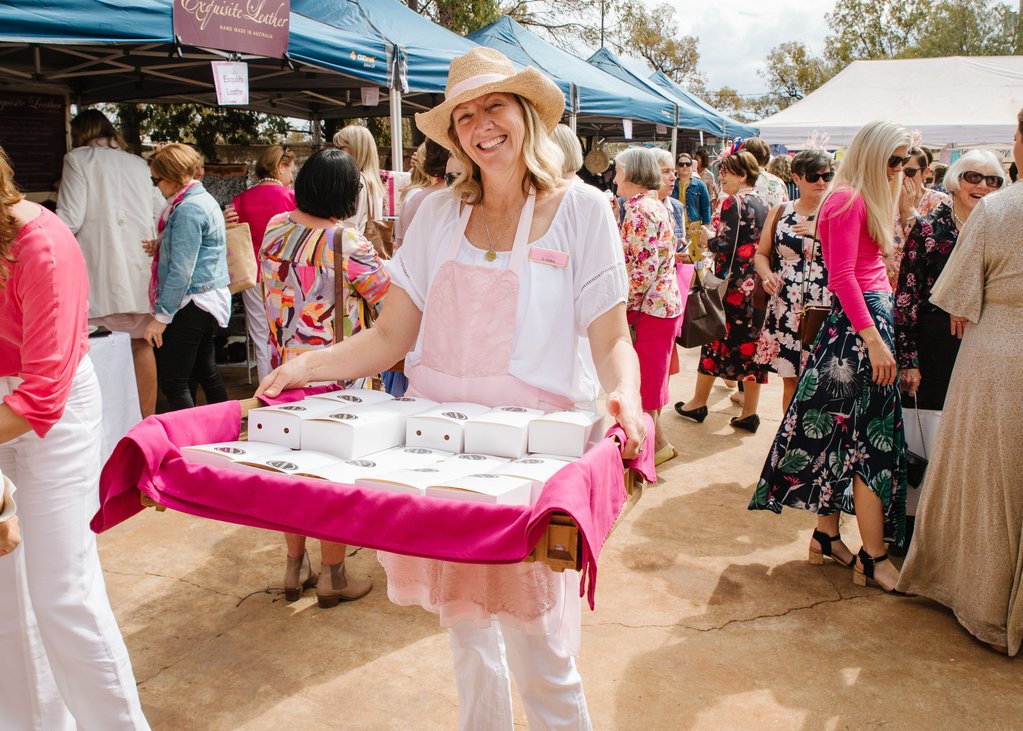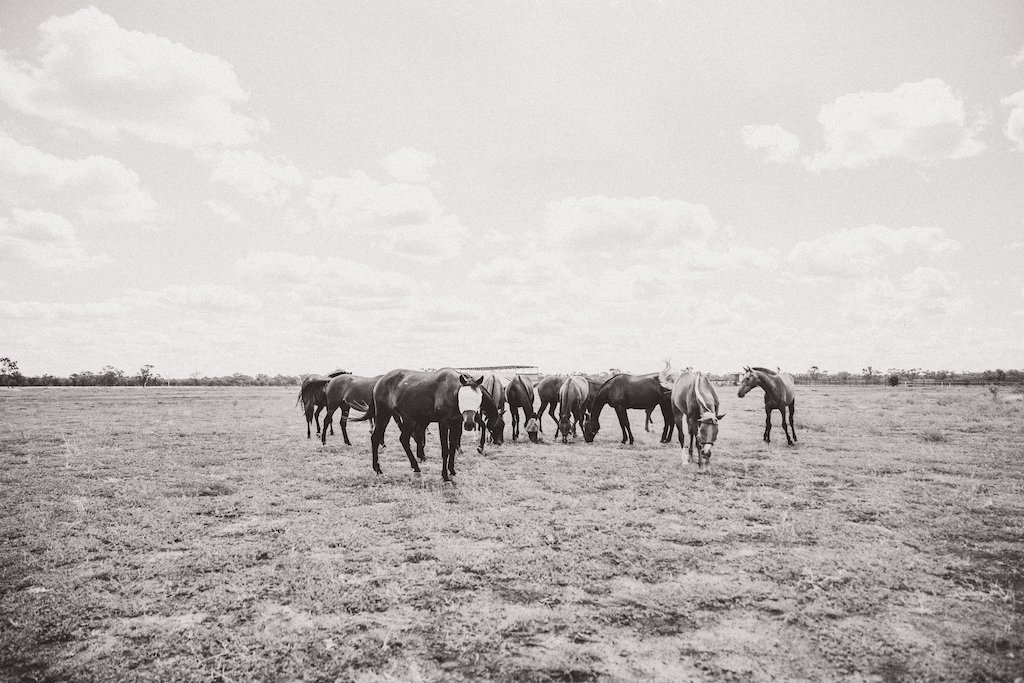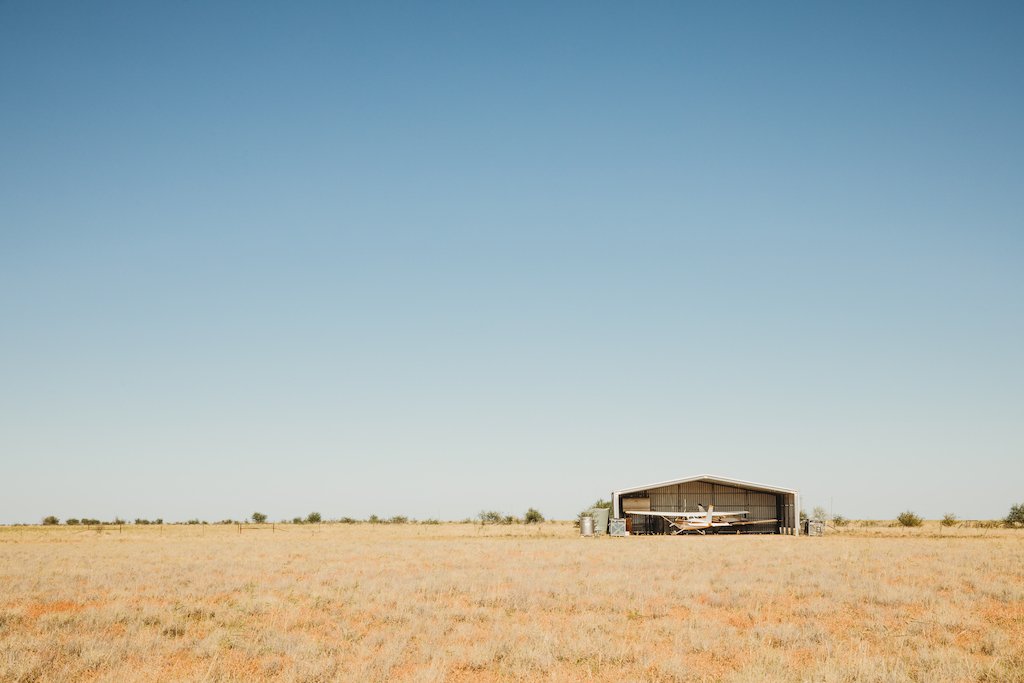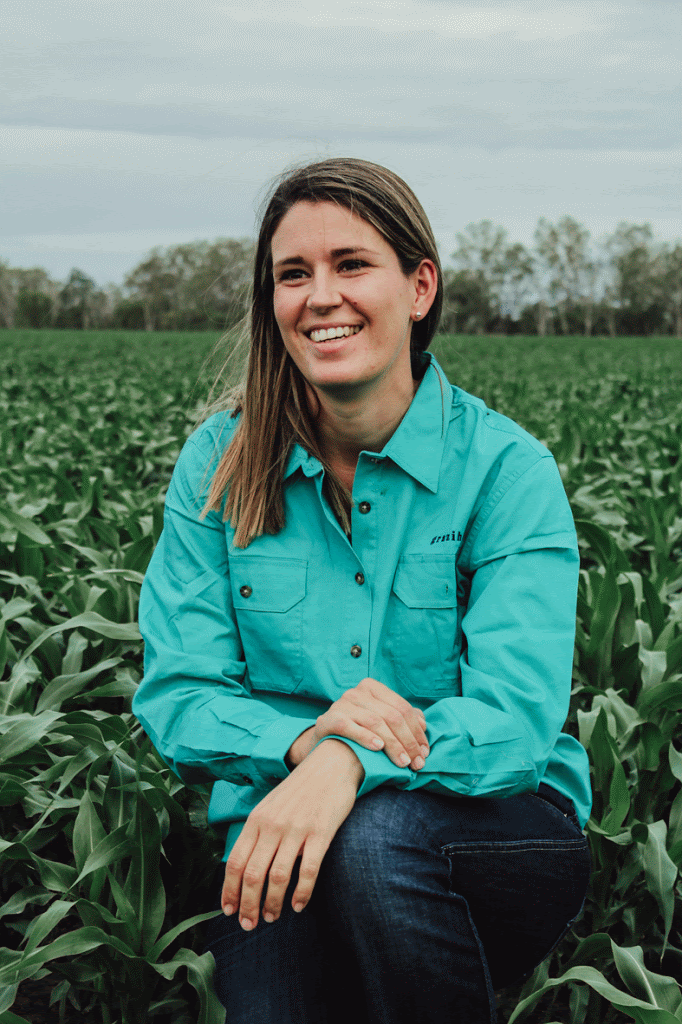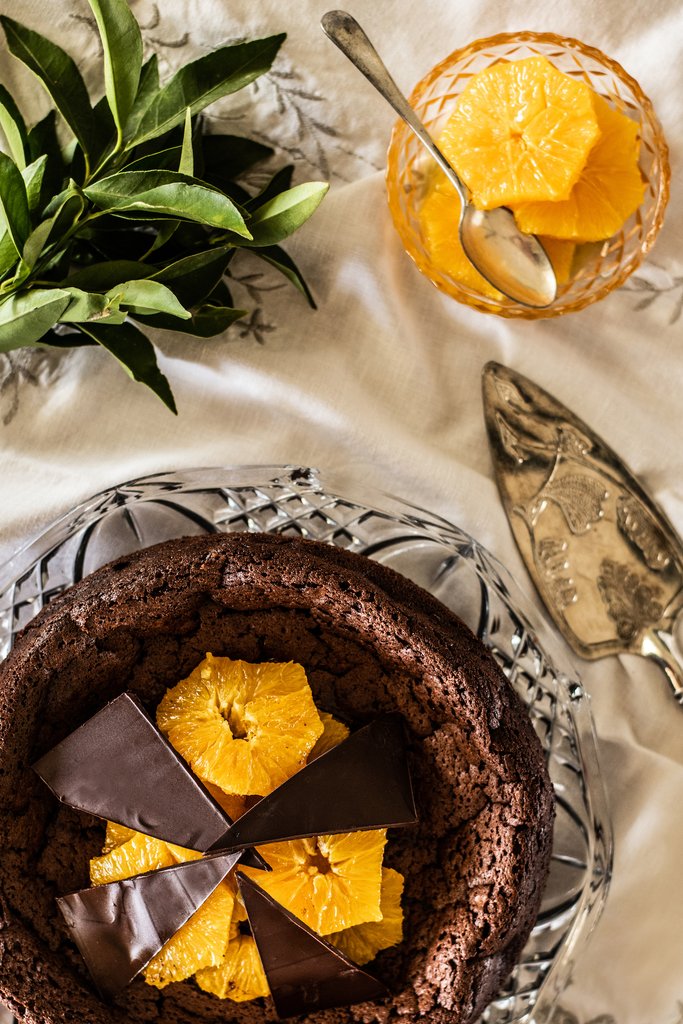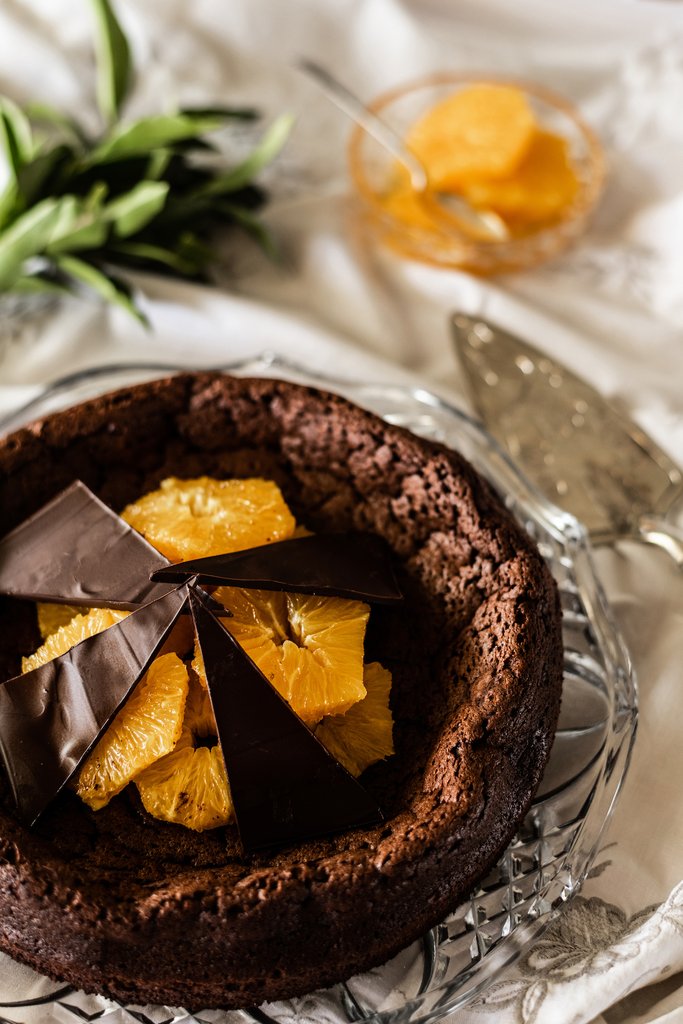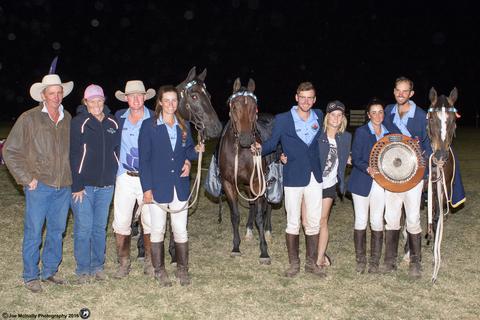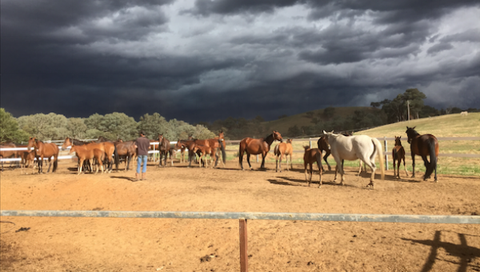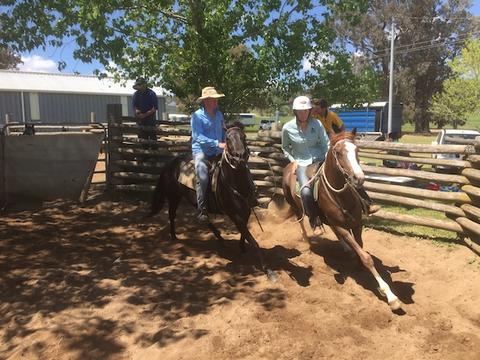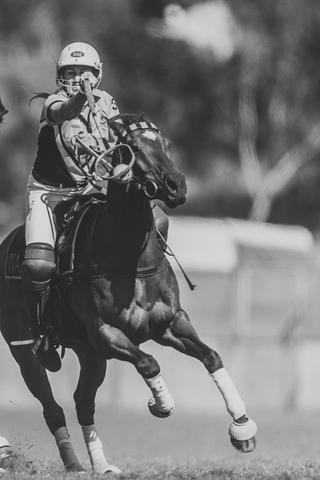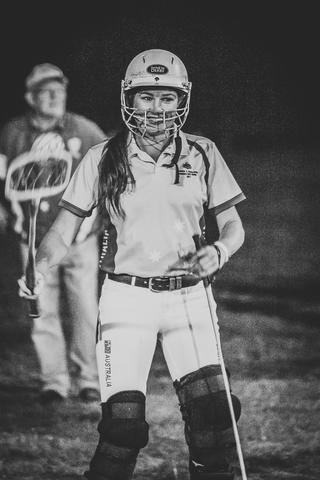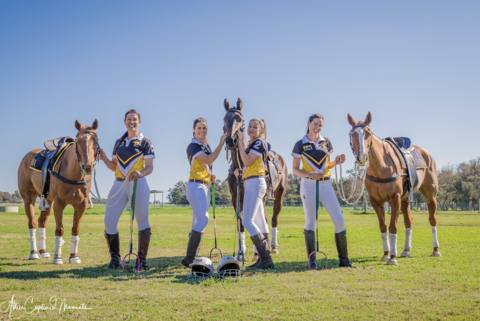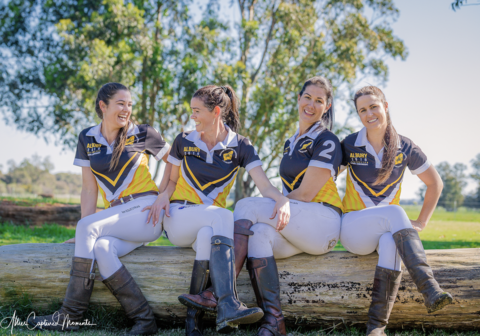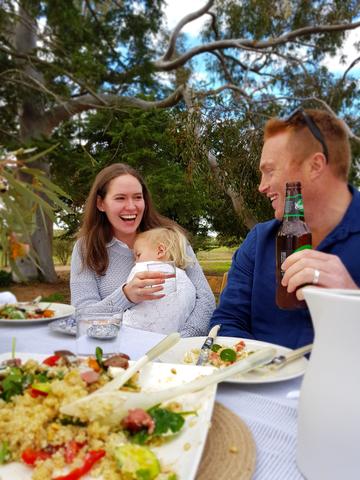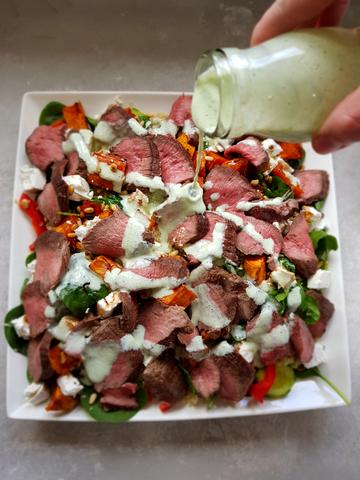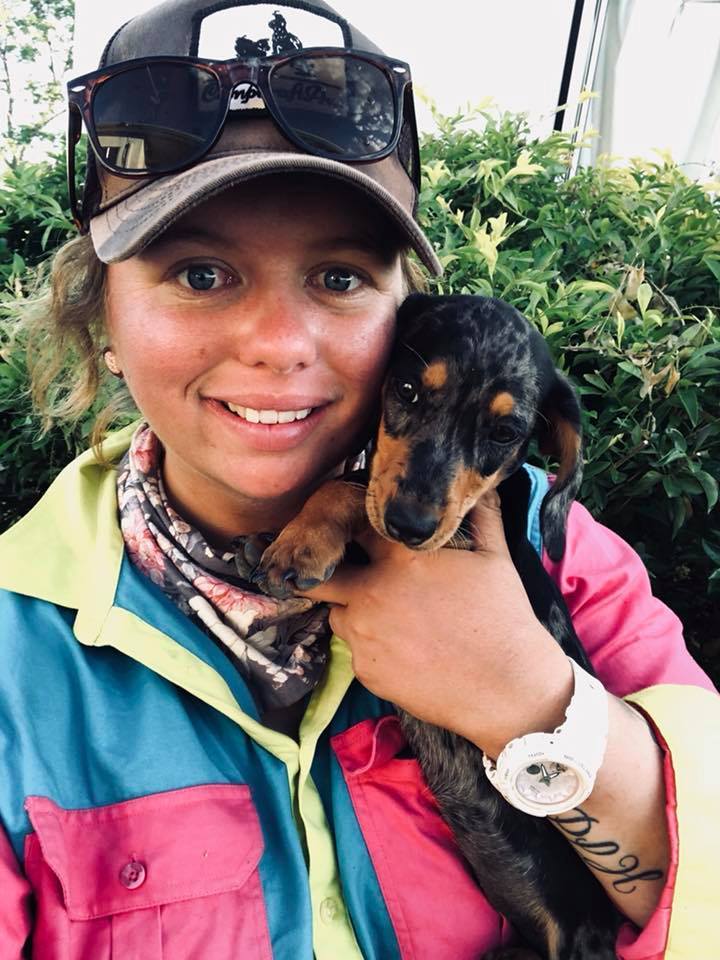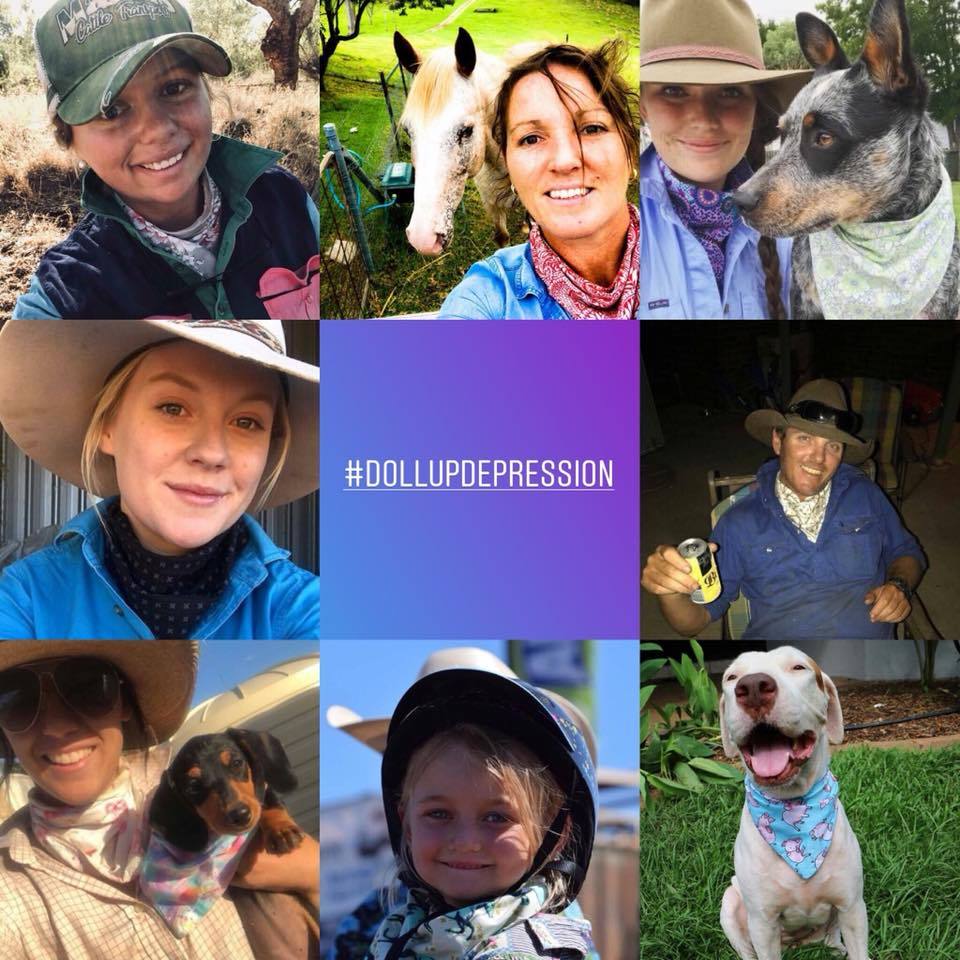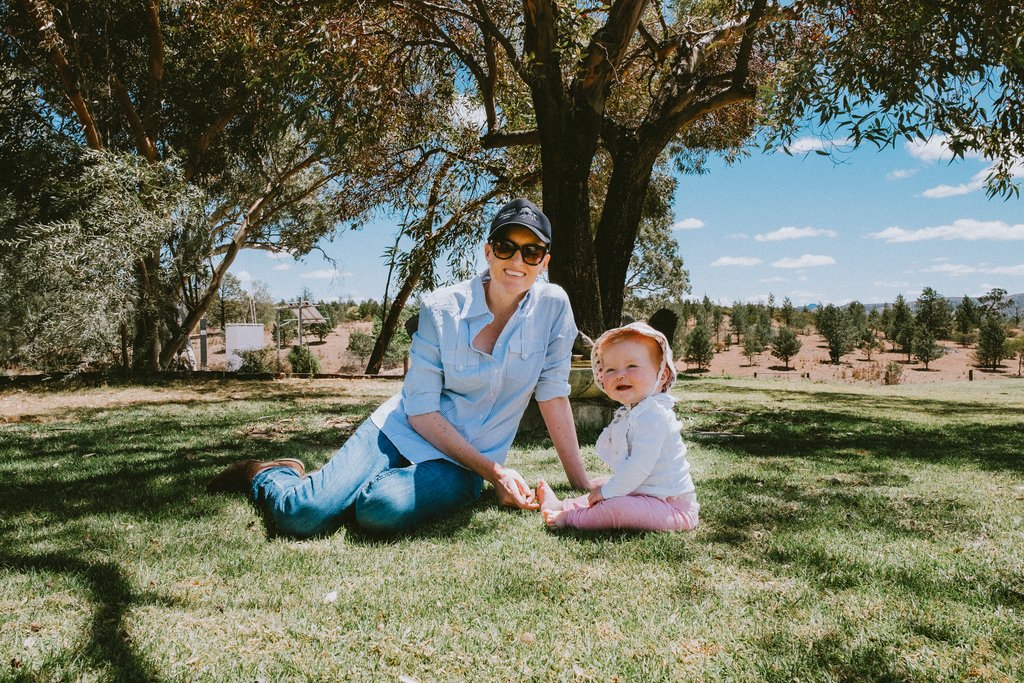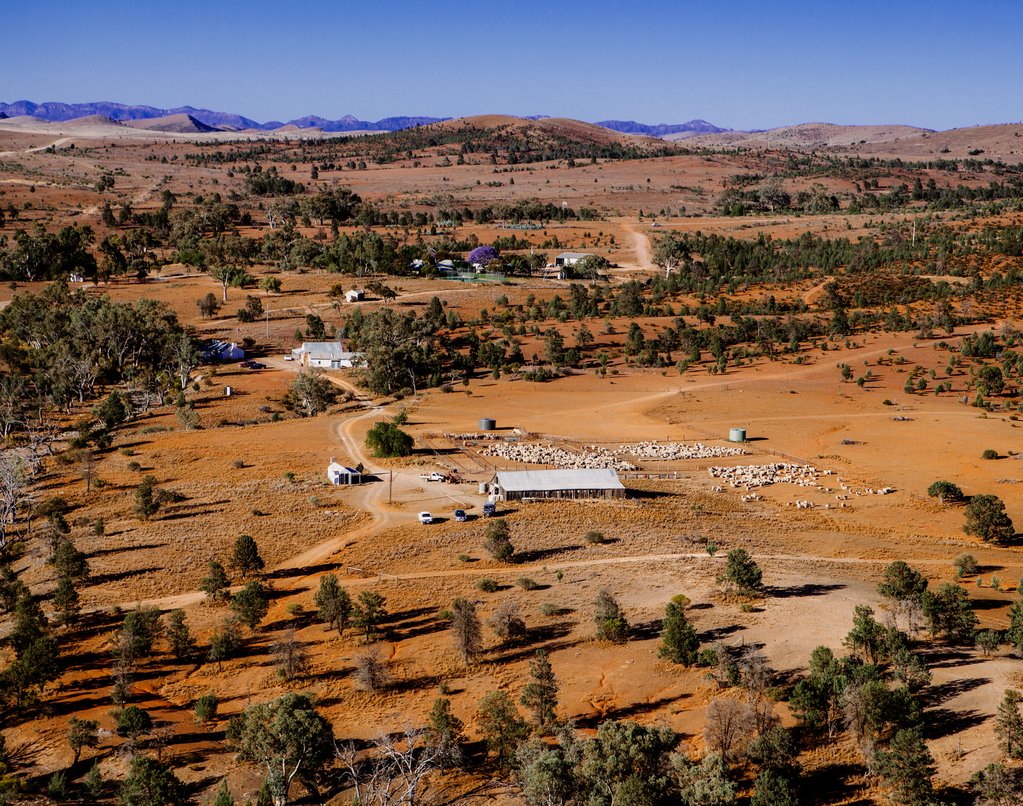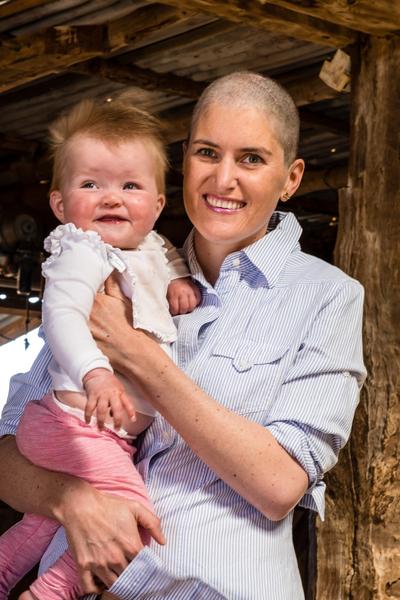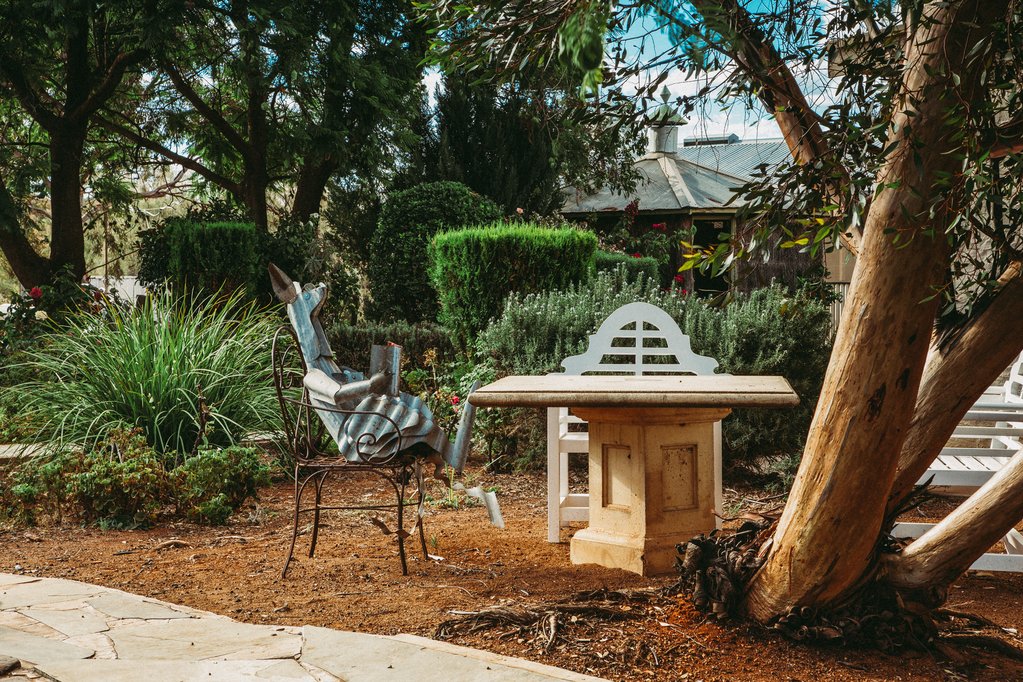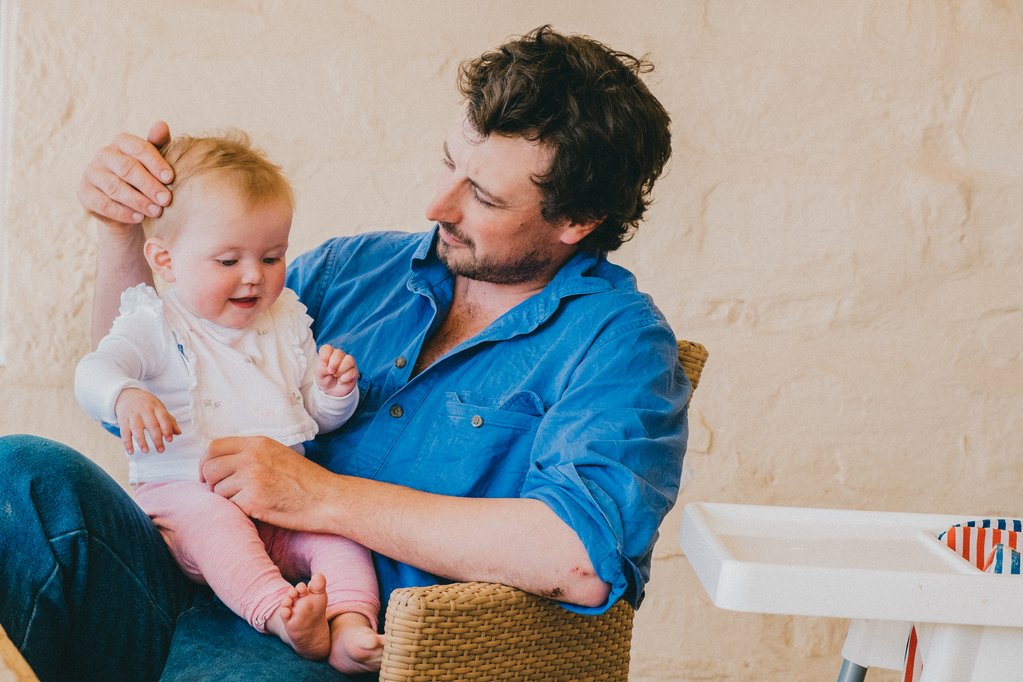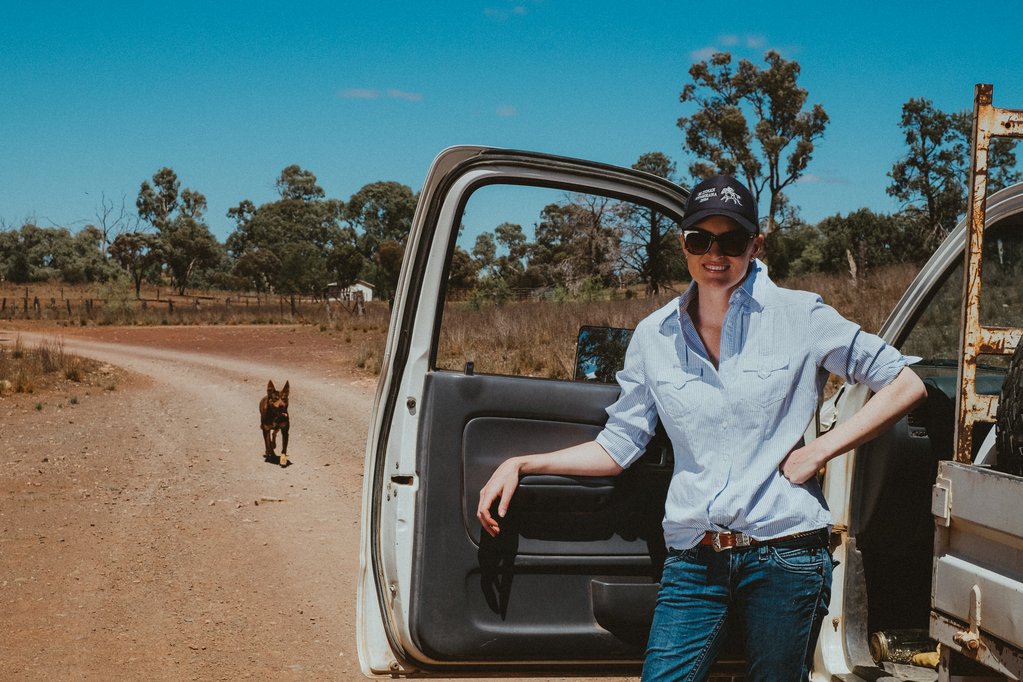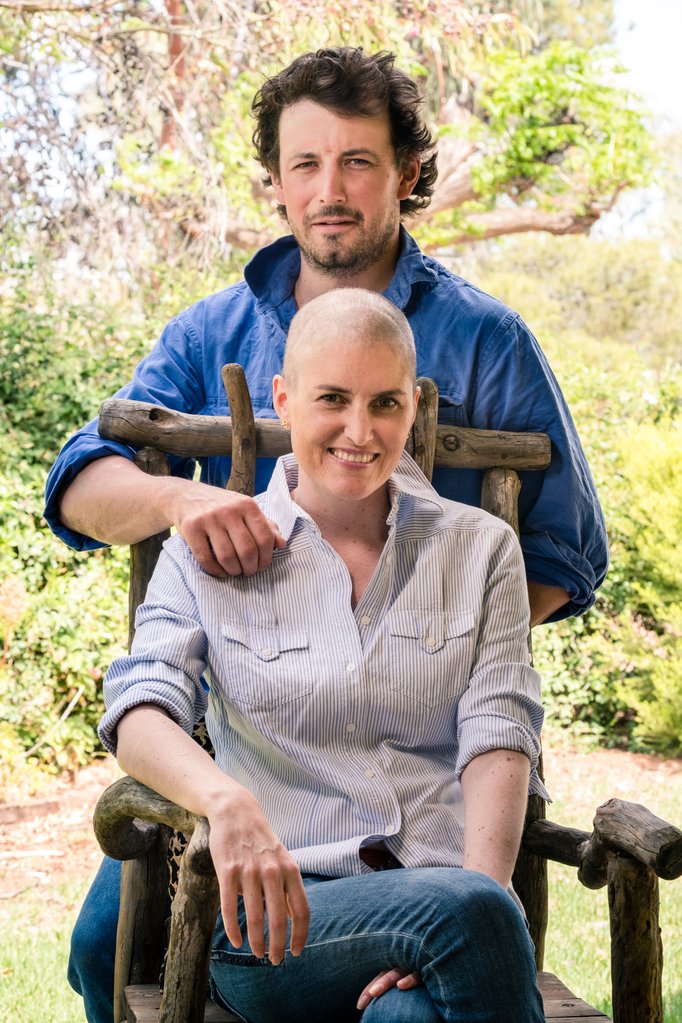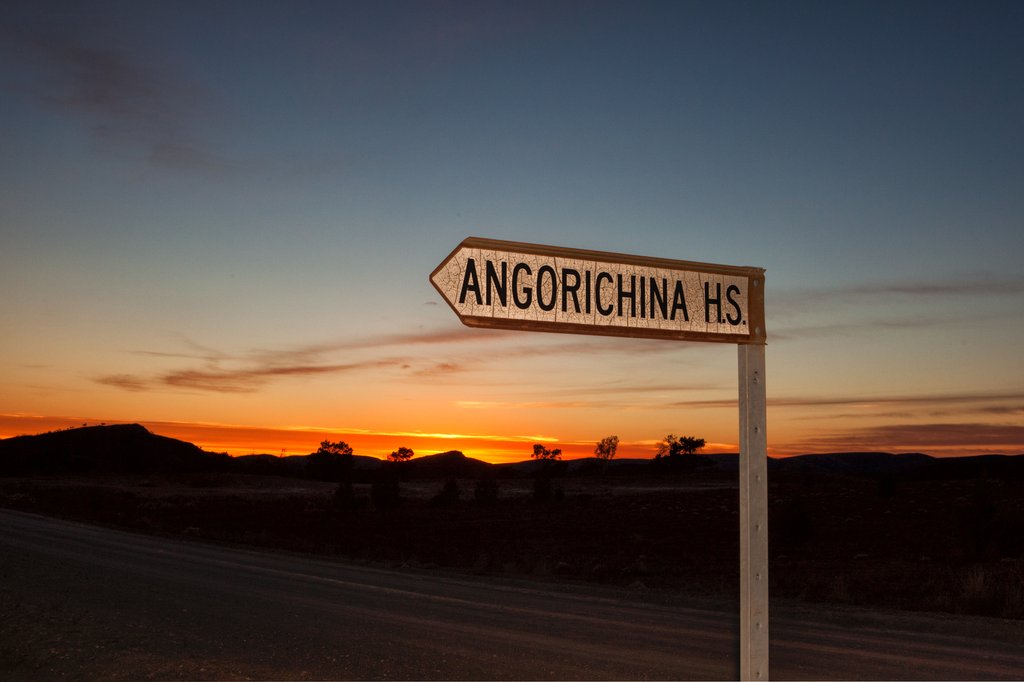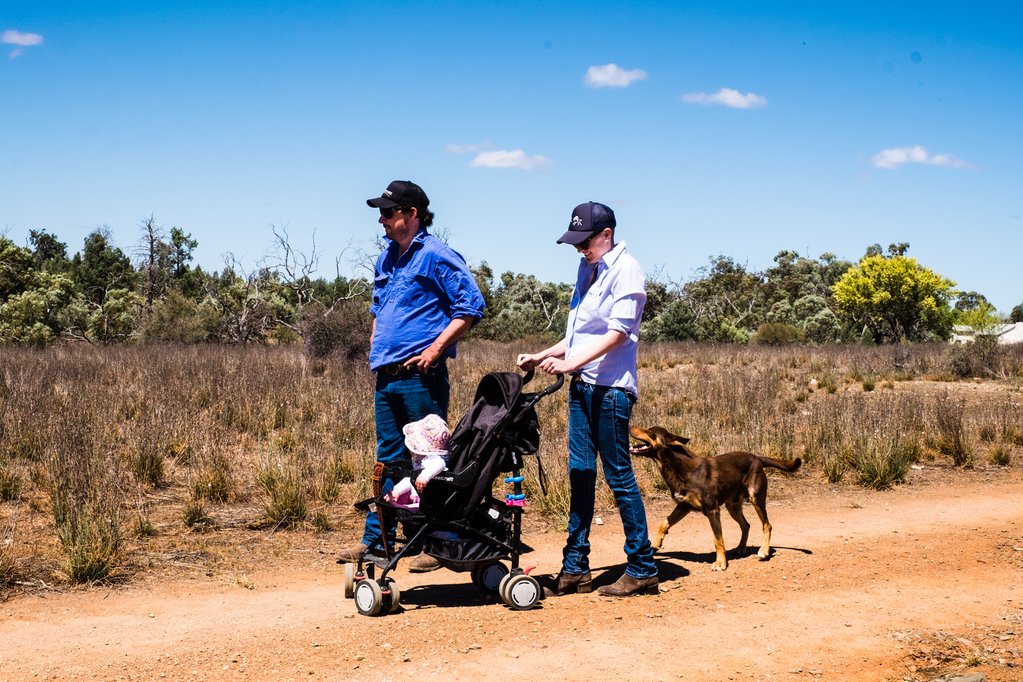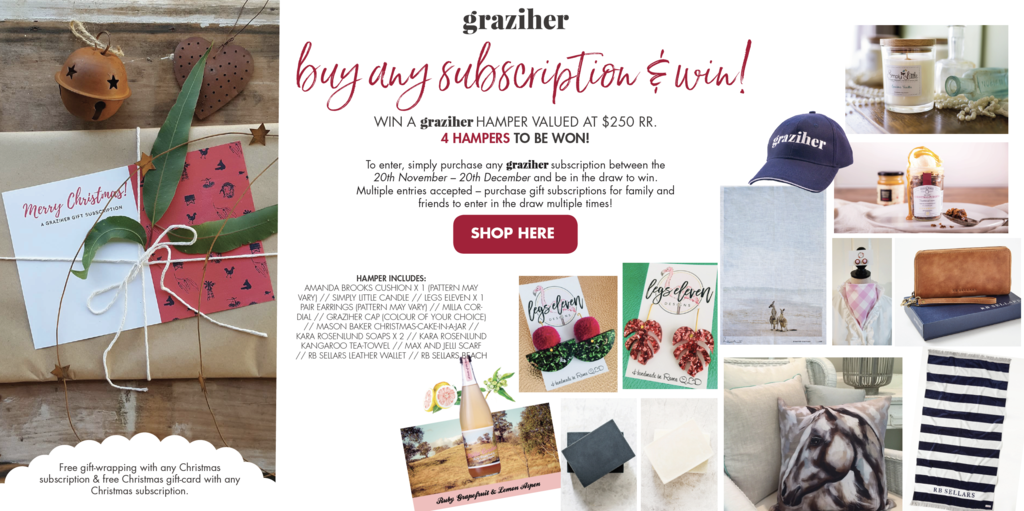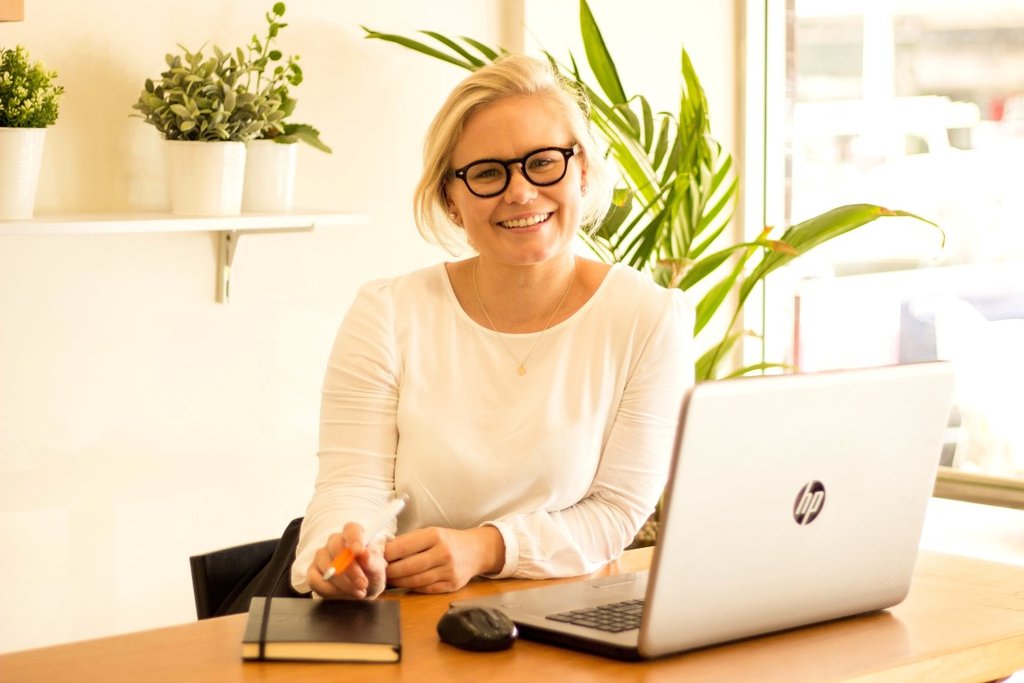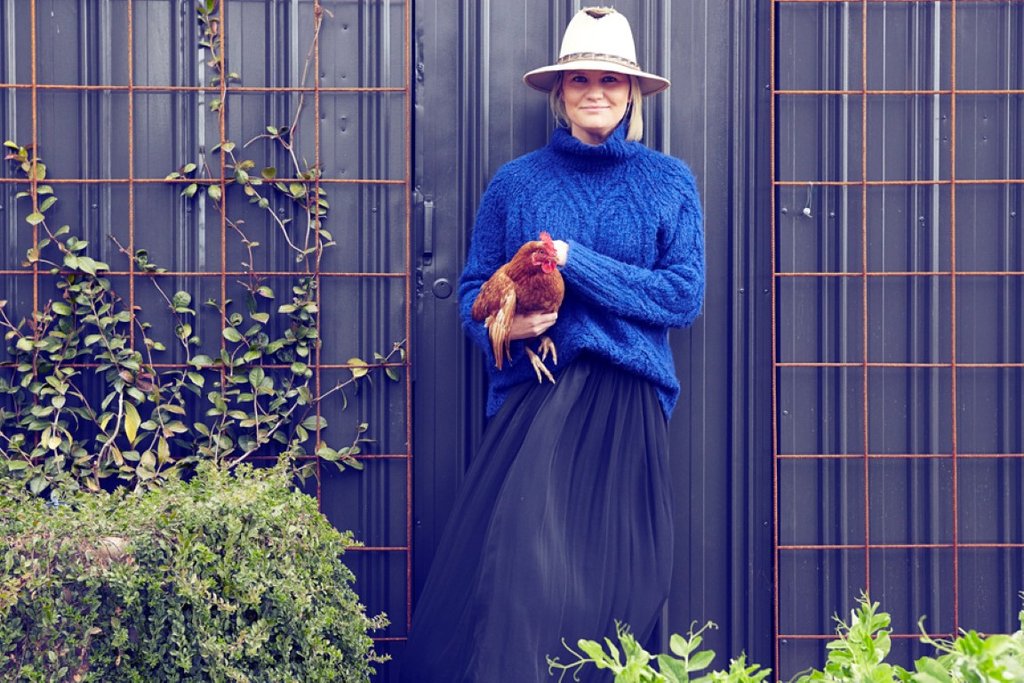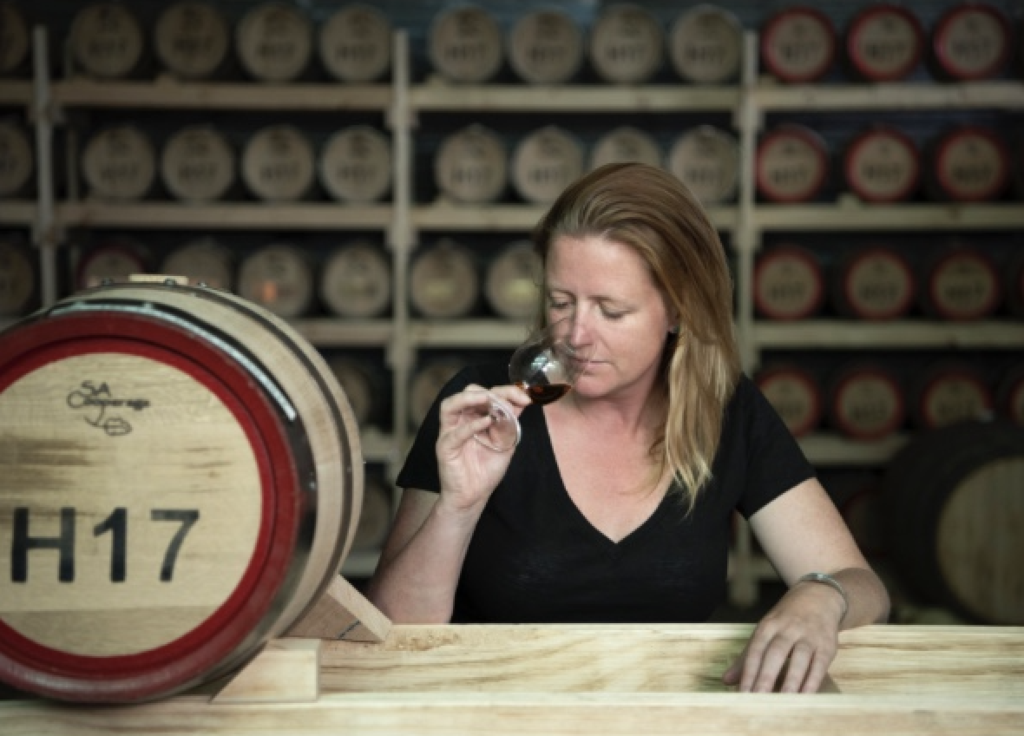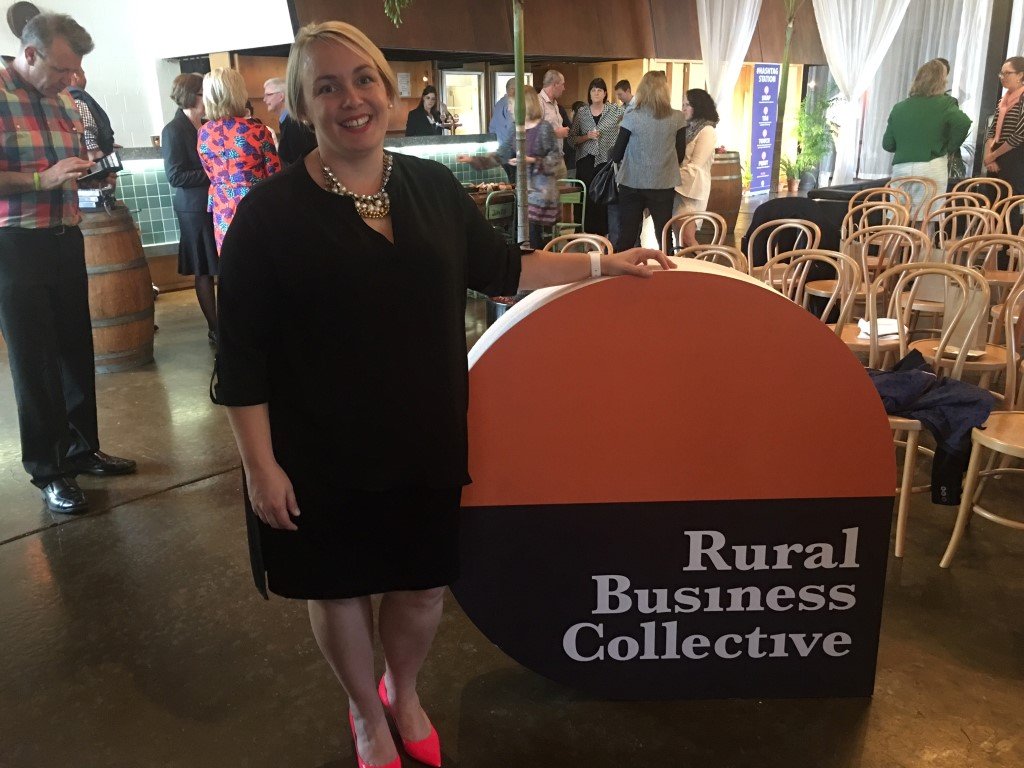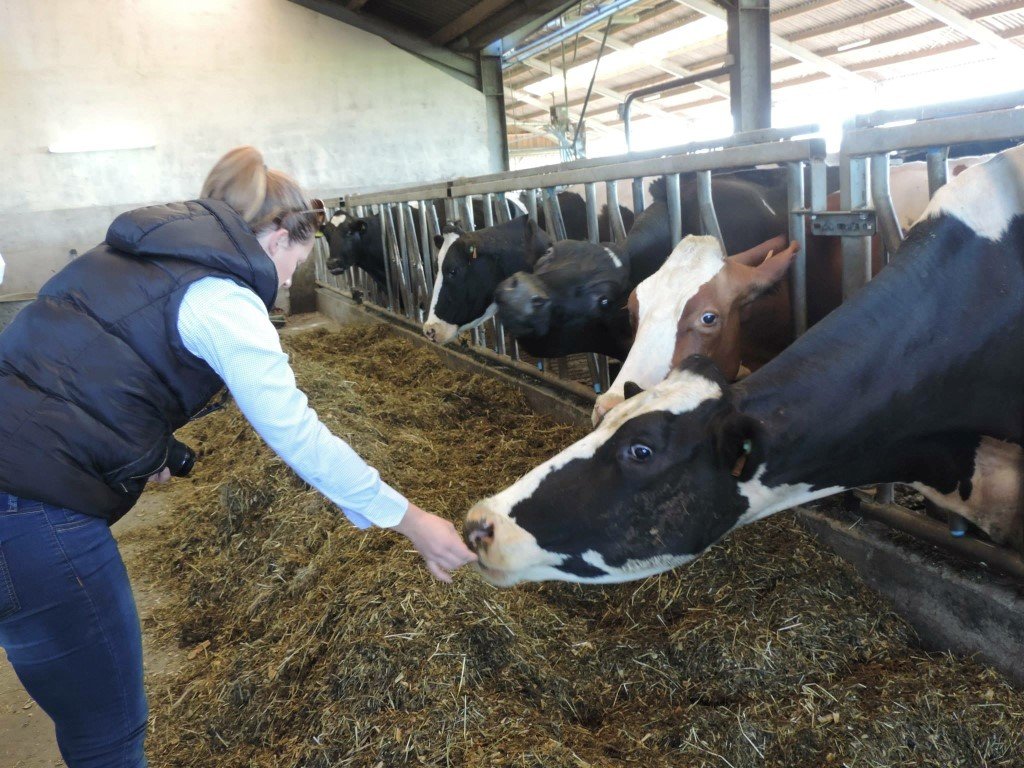Words and photography contributed by Jessie Persse for the QLD ICPA, published in the Graziher Boarding School Guide.
Three years ago, when my eldest started at Boarding School, I had every man and his dog ask me if I was okay. I was fine. I’d had twelve years to wrap my head around my children leaving. I had never been a Boarder, but my husband and his entire family had all experienced it. I felt fine doing the drop-off. To be honest, the day I drove out of Brisbane and headed west, alone, was pretty ordinary however. I’d had a full car only days earlier, and a full heart; brimming with excitement. And then, completely unexpectedly (or maybe it was to be expected), I felt empty.
I wasn’t working much at the time. The drought was taking its toll financially and emotionally. On the outside I was smiling, but on the inside I was struggling. I don’t think I even really fully comprehended the magnitude of what was going on. Things were slowly, without me realising it, snowballing. It wasn’t until Term 2, when our family dog died tragically, that things fell apart in epic fashion. The cracks became canyons, and it all culminated in a depressive ‘episode’ that saw me having to seek professional help. No one was more surprised than me. Depression is a long and steady road, but I’m finally feeling like myself again right now.
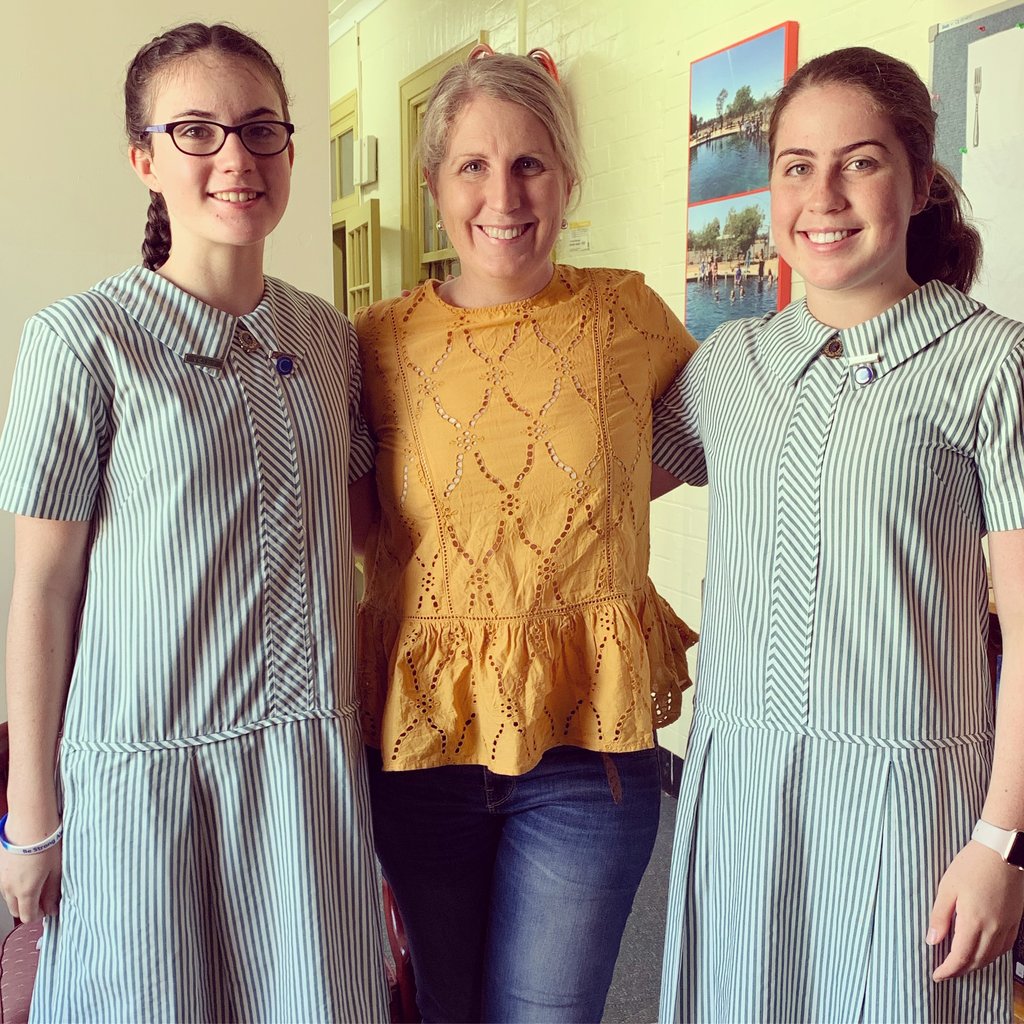
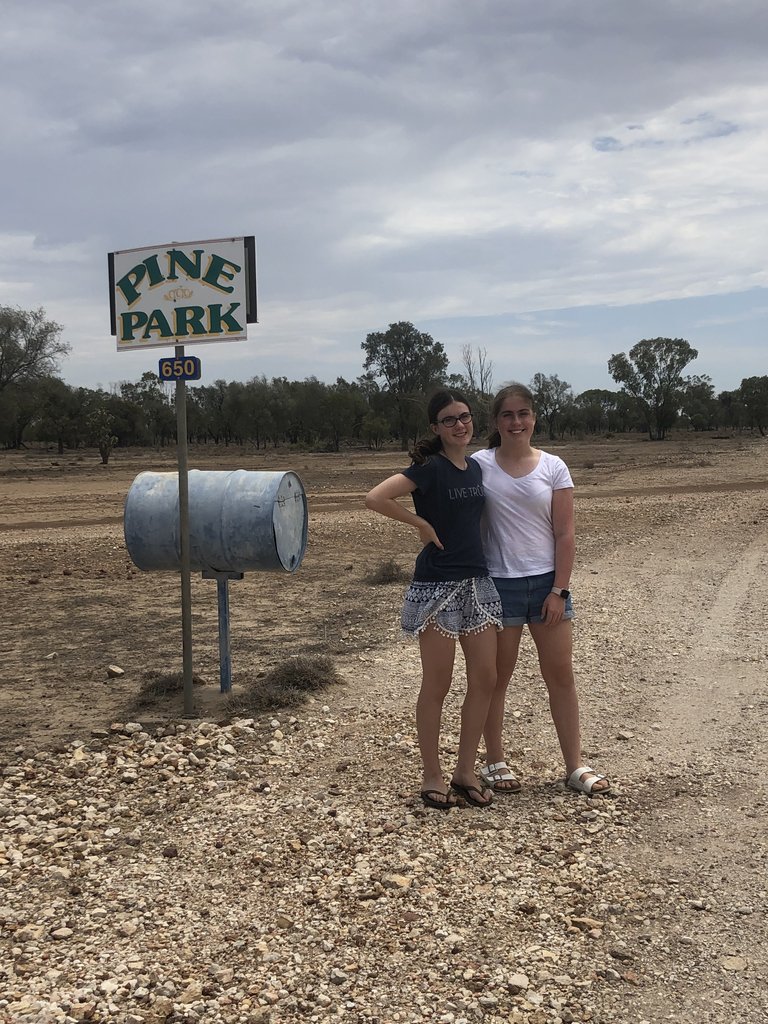
Here are a few things you can do to help make this transition period easier for you and your child.
- Crying is perfectly normal, and missing your child is to be expected. That’s okay!
- Don’t burden your children with your problems. If it’s a drought or a flood, financial, personal or social issues, protect your child from it as best you can. Kids are clever. They know what’s going on, and sometimes you will need to be honest about things that are unpleasant. I try to soothe any potential blow with a positive. “It’s all good. We have it under control.”
- Don’t take on your children’s problems. Teenagers need you to listen and be a sympathetic ear. Tell them you are listening and feel their concerns, but don’t feed the monster. If they start speaking in circles, catastrophizing, and becoming overly emotional, try picking the conversation up again at another time. Most of the time, teenagers hang up the phone and move on immediately, leaving you in a world of parental turmoil, so don’t dwell on the negative.
- Trust your school. You chose it for a reason. Let them do their jobs. If you have a major concern, do it in the kindest way possible, and offer your support where necessary.
- Get to know your child’s friends, and get involved where you can. Making connections is good for you as well.
- Look after yourself. Exercise, stay social and keep busy where possible.
- Surround yourself with your tribe. My tribe is made up of friends and family who encourage and support me and my family. It’s about bringing in the positive and not dwelling on the negative.
- Make quality time with your children, because quantity time becomes so much harder when they leave you.
This year we sent our second child off to school. This time I was genuinely ready. I had made plans to keep busy, but not so busy that I couldn’t find time for my children when they needed me. I was working part time. I had my support networks in place. I am honest about when I am not feeling great. Sharing the load has been the key. Other parents understand. It’s not going to be perfect all of the time, and that’s okay, but being able to talk about it has been what has gotten me through.
Jessie’s story is featured in our Graziher Boarding School Guide.
Boarding school is something that many children from rural, regional and remote areas experience in their lives. It can be one of the greatest experiences – making life long friends; getting a great education; and being offered amazing extra-curricular activities such as sports and cultural activities.
We’ve featured some amazing schools in our guide, as well as some great reads from the ICPA who do fantastic work for our rural and remote families.

